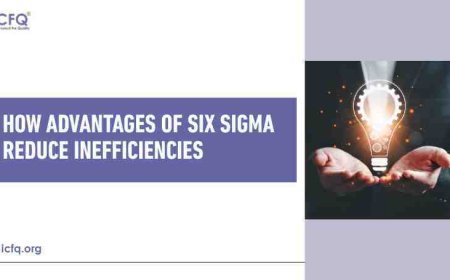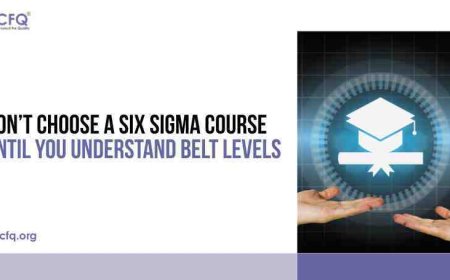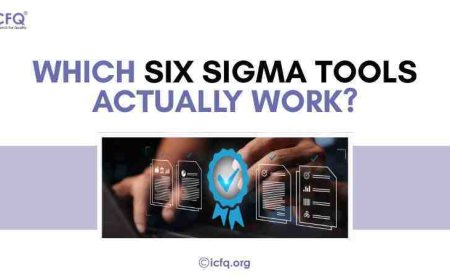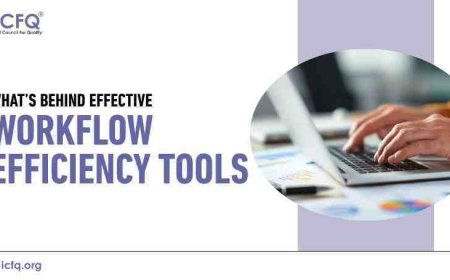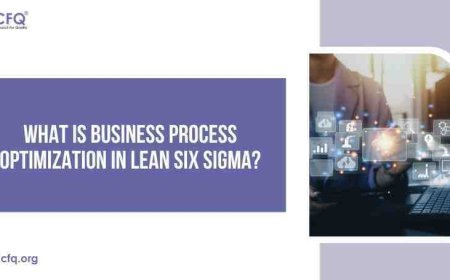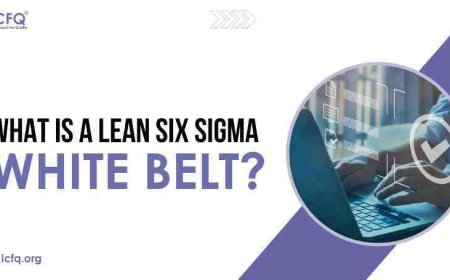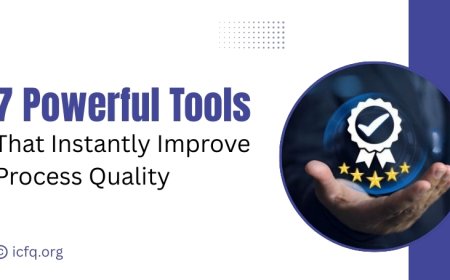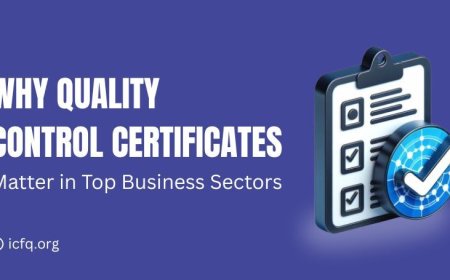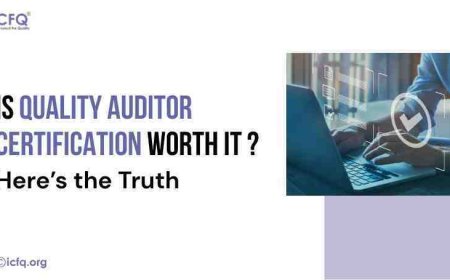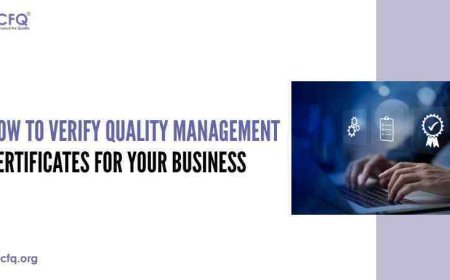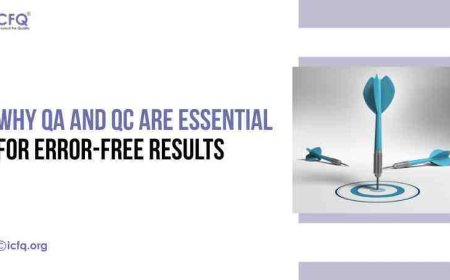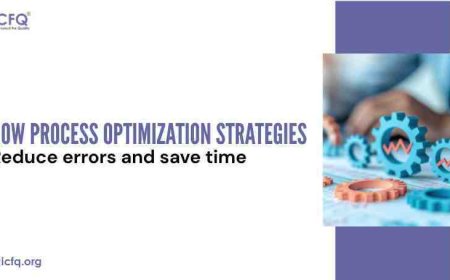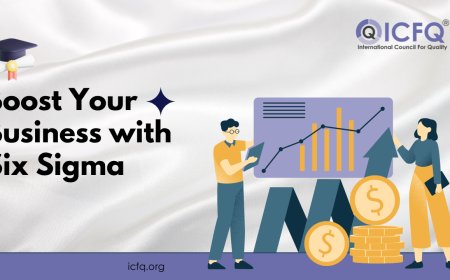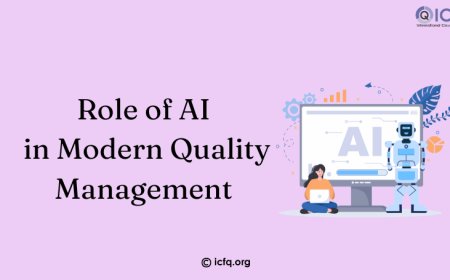Why Choose Enterprise Risk Management Certification?
Discover why an Enterprise Risk Management Certification boosts your career, builds trust, and opens new growth opportunities.
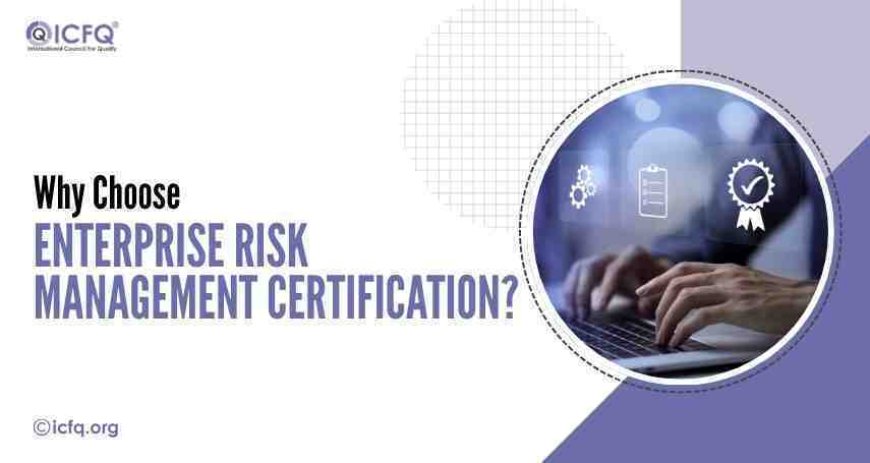
Every business faces risks, like unexpected costs, operational problems, or changes in rules. Companies need skilled people who can spot these risks early and handle them smartly. Enterprise Risk Management Certification helps professionals do exactly that.
For you as a professional, ERM certification shows that you know how to manage risks the right way. It builds trust with employers, opens doors to better jobs, and helps you make smarter decisions that can protect and grow a business.
Understanding Enterprise Risk Management
Enterprise Risk Management (ERM) is a structured, organization-wide approach to identifying, assessing, and mitigating risks. Unlike traditional risk management, which often addresses risks in isolation, ERM integrates risk considerations into strategic planning, decision-making, and operational processes.
By adopting ERM principles, organizations can:
-
Anticipate potential threats before they escalate.
-
Align risk management with strategic objectives.
-
Enhance strength against unexpected disruptions.
For professionals, an enterprise risk management certification validates their knowledge and skills in implementing these frameworks effectively.
The Importance of ERM Certification
Enterprise Risk Management Certification is more than just a certificate, it shows that you know how to handle risks in a business in a proper and professional way. Today, companies face many kinds of risks, such as financial problems, operational issues, or damage to their reputation. Having people with ERM certification helps the organization find, understand, and manage these risks in a smart way.
Certified professionals, including those with Green Belt Certification, bring clear methods and practical tools to handle risks. They can spot problems early, plan ways to reduce them, and give advice that helps leaders make better decisions. This makes the business stronger and more prepared for unexpected challenges.
ERM certification also improves your credibility. It tells employers, clients, and colleagues that you understand best practices and can deal with complex risks confidently. Organizations benefit by having trained staff who can keep the business safe, follow rules, and make better choices for growth.
Why ERM Certification Matters
Builds Credibility
Enterprise risk management certification shows employers that you have verified expertise in managing risks. It sets you apart as a professional who understands best practices and can handle complex risk situations.
Structured Knowledge
Certification provides a clear, step-by-step understanding of identifying, assessing, and mitigating risks across the business. This ensures your decisions are consistent and aligned with organizational goals.
Career Growth
Certified professionals often advance faster, accessing senior roles like Risk Manager or Compliance Officer. It also improves earning potential and eligibility for leadership positions.
Improves Decision-Making
ERM training equips you to make informed, data-driven decisions. Understanding risks and their impact helps guide the organization toward choices that minimize threats and seize opportunities.
Strengthens Organizational Resilience
Certified professionals help organizations anticipate challenges and respond proactively, ensuring smooth operations and quick recovery from setbacks.
Enhances Compliance
Compliance risk management certification ensures that organizational processes meet regulatory requirements and industry standards, reducing penalties and building stakeholder trust.
How ERM Builds Professional Credibility
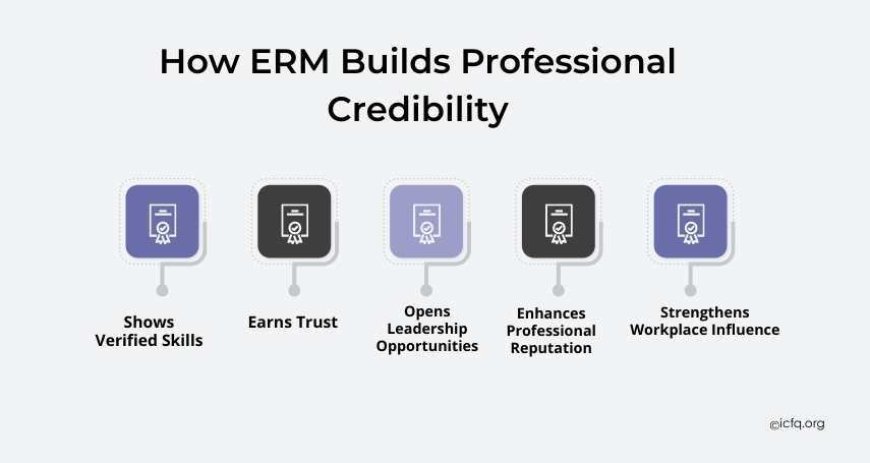
-
Shows Verified Skills – ERM certification proves that you have the knowledge and skills to handle risks professionally. It’s a recognized credential that demonstrates you understand industry best practices.
-
Earns Trust – Employers, colleagues, and clients are more likely to trust your judgment when making risk-related decisions. Certification signals that you can identify problems, evaluate options, and recommend solutions confidently.
-
Opens Leadership Opportunities –Certified professionals, including those with Six Sigma training, are often considered for senior roles or leadership positions because they have proven expertise in risk management. This can include roles like Risk Manager, Compliance Officer, or Strategic Planning Lead.
-
Enhances Professional Reputation – Being certified sets you apart from associates and shows that you are committed to maintaining high standards. It highlights your dedication to learning and staying updated with the latest risk management practices.
-
Strengthens Workplace Influence – With ERM certification, your recommendations and insights carry more weight in organizational decisions. You can influence strategic planning, operational improvements, and risk mitigation strategies more effectively.
Key Features of ERM Certification Programs
While programs vary by provider, most enterprise risk management certification programs share core elements:
|
Feature |
Description |
|
Risk Frameworks |
Understanding COSO ERM, ISO 31000, and other global standards. |
|
Risk Assessment Techniques |
Methods for evaluating probability, impact, and exposure. |
|
Risk Mitigation Strategies |
Tools and strategies for reducing or transferring risk. |
|
Communication and Reporting |
Best practices for presenting risk information to stakeholders. |
|
Ethical and Regulatory Compliance |
Ensuring decisions align with laws, regulations, and ethical standards. |
These features ensure professionals are not only capable of assessing risks but can also embed risk management into organizational culture.
Choosing the Right ERM Certification
When selecting a certification, consider the following factors:
-
Accreditation – Ensure the program is recognized by professional risk management bodies.
-
Curriculum Depth – Look for comprehensive coverage of frameworks, assessment methods, and reporting practices.
-
Practical Application – Programs that include case studies, simulations, or project work provide real-world experience.
-
Continuing Education – Certifications that require ongoing learning help professionals stay current with changing risks.
Popular certifications include RIMS-CRMP (Certified Risk Management Professional), ERMCP (Enterprise Risk Management Certification Program), ISO 31000 Lead Risk Manager Certification, and ISO 9001 Certification. Each offers unique benefits depending on career goals and industry focus
Challenges Without ERM Certification
Organizations that do not have certified risk professionals often struggle with managing risks effectively. Some common challenges include:
Fragmented Risk Management
Without ERM-certified staff, risk management is often handled separately by different departments. Handling risks in isolation prevents a clear, overall view of potential threats. Risks may be overlooked or duplicated, reducing overall efficiency and leaving the company vulnerable to avoidable losses.
Delayed Response to Threats
Uncertified professionals may lack structured methods to assess and respond to risks promptly. As a result, businesses can react too slowly to emerging threats, whether operational, financial, or reputational.
Poor Strategic Alignment
Organizations without ERM-certified professionals may make risk decisions in isolation rather than integrating them into the overall business strategy. This reactive approach often leads to short-term fixes instead of long-term solutions, affecting growth and stability.
Limited Individual Career Growth
For professionals, lacking ERM certification can slow career advancement. Without formal recognition of their skills, individuals may have fewer opportunities to lead strategic initiatives or take on senior roles that require expertise in risk management.
Inconsistent Compliance
Businesses without certified risk managers are more likely to struggle with compliance requirements. Gaps in regulatory knowledge or inconsistent risk reporting can lead to fines, legal complications, or damage to the organization’s reputation.
Choosing Enterprise Risk Management Certification is more than earning a credential; it shows that you are a skilled professional who can handle risks effectively, make informed decisions, and guide your organization through challenges confidently. Certified professionals gain credibility, improve career opportunities, and are recognized as trusted advisors in their organizations.
Don’t wait to advance your career and make a real impact in your workplace. Get your risk management professional certification or compliance risk management certification today and become a leader in risk management.
